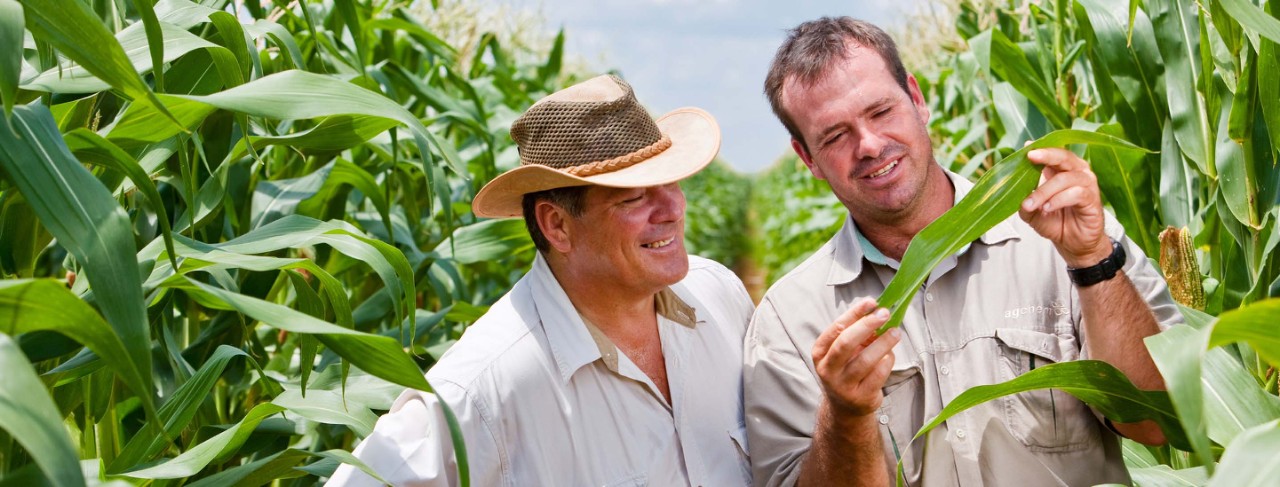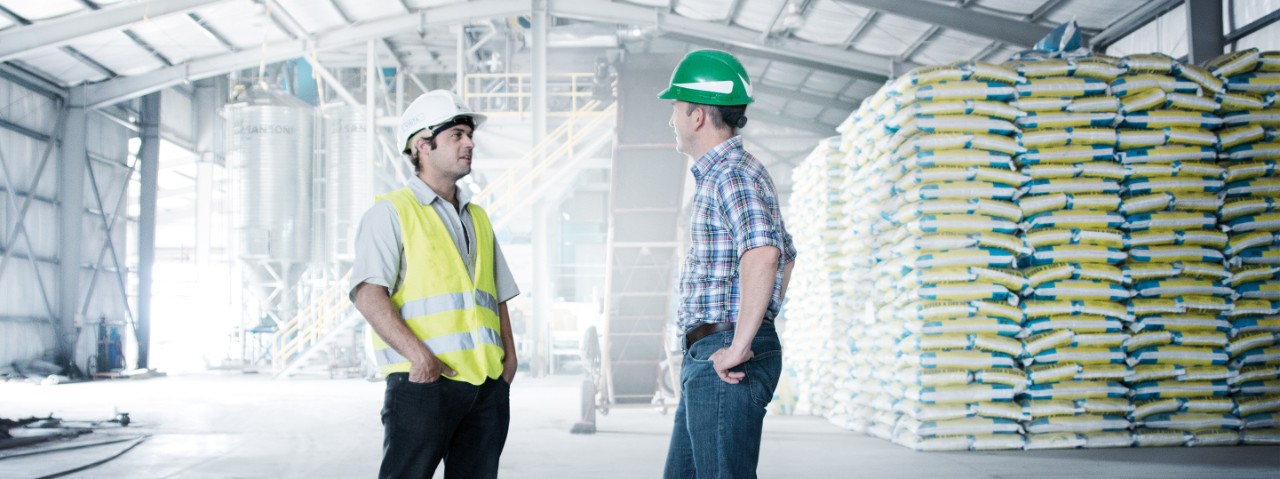
Sugarbeet is an important crop, but it is not the biggest. On an international scale, many crops exceed it in terms of acreage. That leads many crop protection companies to overlook it in favor of other crops – but for Bayer and the seed specialist KWS, it has been an important partnership area for 30 years.
KWS is an international seed company with a 60% market share in sugarbeet seed. “We see ourselves not just as a participant in this market, but as a driver,” says Wolfgang Lüders, product manager for the sugarbeet business unit at KWS. Its seeds have been offered with Bayer’s premium seed treatments since the 1990s, when Gaucho® was introduced for sugarbeet. Since then, the partnership has gone through many iterations and evolutions – and it is set to expand even further in the future.
“KWS brought the crop-specific knowhow and the breeding experience, Bayer brought its seed treatment consultants, who advised us on the more complex applications in sugarbeet,” says Ralf Tilcher, Head of Production Research, who has been at KWS since 1997. By working with Bayer, KWS ensured that the seed treatment was working optimally with guaranteed application uniformity, accuracy, and active ingredient distribution – and therefore would justify its price as part of the overall product package.
As the partnership got established, KWS and Bayer representatives would meet regularly, whether on-site to develop new product combinations or in the field to observe the effects of treatments on KWS seeds. Constant testing and improvement is part of the KWS ethos. “We don't just rely on what we are told – we find it out for ourselves,” says Wolfgang Lüders.
Scaling up the partnership
Next up were more partnership projects and more sustainability benefits. Wolfgang says: “As a breeding specialist, we naturally use our core competence to develop high yield varieties that have tolerances and resistances to pests and diseases – because this leads to a reduction in pesticide volumes and contributes to more sustainable agriculture.” To further reduce resource usage, the two partners also worked out common methods and standards. The application rate of Gaucho per unit sugarbeet seed was reduced significantly. Additionally, products based on Clothianidin (Poncho®) were brought to the market in the 2000s.
Jointly, the two companies also developed and released Roundup Ready for sugarbeet in North America – KWS developed the high-quality seeds and Bayer the Roundup herbicide. This revolutionized the market in North America; within three years of launch, 95% of sugarbeet cultivation areas used Roundup Ready.
And the CONVISO® SMART system for sugarbeet – combining herbicide-tolerant varieties with the CONVISO® ONE herbicide – is the joint intellectual property of KWS and Bayer.
Just like Bayer, KWS has a focus on driving the whole agricultural sector forward. “We not only see our sales, we see sugarbeet cultivation as a whole,” says Wolfgang. “We make sure that sugarbeet is and remains a profitable crop for the grower and will continue to be so in the future. We see ourselves as an innovation driver; part of this is the fact that treated seeds are available from us first.”
New horizons in a changing market
In recent years, the discontinuation of CNIs in the EU has necessitated change. But that doesn’t mean the partnership will shrink – instead, it will grow. The two partners will turn their attentions globally. Respective agreements between KWS and Bayer are in the works.
And that’s not all: intensive testing of two other Bayer solutions, Scenic® Gold and Buteo® Start, is underway. Scenic Gold is a broad-acting fungicidal seed treatment with a wide spectrum of activity, while Buteo Start is a specialist insecticidal seed treatment that achieves high efficacy without CNIs. In both cases, there are only a few products available on the EU market for sugarbeet right now – so it will be a major development when they reach the point of commercialization.
“It’s a big advantage working with the SeedGrowth team here,” says Ralf Tilcher. “They have experienced people who can help with the testing, and they also have the resources to put into registrations, which we would not be able to do on our own.”
Wolfgang and Ralf say they would like to collaborate more with Bayer in future, where applicable. There are particular opportunities in the field of digital solutions: KWS is developing its own solutions to give sugarbeet farmers decision support in-field, and Bayer’s own solutions could play a part in building this. The Integrated Weed Management App from Bayer is also being implemented in their extension schemes.
But most of all, Bayer and KWS will focus on supporting each other in their core activity of enabling farmers to benefit from sugarbeet crops that have the best possible start in life, and grow with health and vigor. Viral yellowing in sugar beet has been identified as a challenge; Gaucho and Poncho were key products for controlling it, so an alternative for protecting sugar beet in the EU needs to be developed. Scenic Gold and Buteo Start may provide a good start here, but the problem will not be solved without new solutions in plant breeding, which KWS is already working on. “We need to master the post-CNI era – preferably together with professional, experienced companies like Bayer,” concludes Ralf.

